
10 Warning Signs of Bowel (Colorectal) Cancer You Shouldn’t Ignore

Excluding skin cancers, colorectal cancer—also known as bowel cancer—is the third most common cancer diagnosed in both men and women in the United States. Early detection is key: when caught in its early stages, colorectal cancer is one of the most treatable and preventable forms of cancer.
If you’re experiencing any of the symptoms described below, it’s important to consult your doctor. Most of the time, these symptoms can be caused by other, less serious conditions, but for your peace of mind and long-term health, getting checked is always the smart choice.
Before exploring the warning signs and symptoms, let’s look at the factors that can increase your risk of developing this disease.
🔍 Major Risk Factors for Bowel Cancer
1. Family History
Genetics play a significant role in bowel cancer risk. According to the UK’s NHS, about 1 in 5 people who develop bowel cancer have a close relative—such as a parent, sibling, or child—who also had the disease. A family history of polyps or other gastrointestinal cancers can also raise your risk.
If bowel cancer runs in your family, talk to your doctor about earlier screening (sometimes starting at age 40 or younger) and possible genetic testing.
2. Diet and Nutrition
A large body of research shows that diets high in red or processed meats (like bacon, sausages, and deli meats) significantly increase the risk of bowel cancer. Cooking meats at high temperatures, such as grilling or frying, may also create carcinogenic compounds.
A balanced diet rich in fruits, vegetables, whole grains, and fiber can help reduce risk by supporting healthy digestion and promoting regular bowel movements. For additional guidance, see resources on foods that reduce cancer risk and the top cancer-causing foods to avoid.
3. Smoking
Smoking doesn’t just damage your lungs—it increases the risk of cancers throughout the body, including the bowel. Cigarette toxins enter the bloodstream, affecting every organ. Long-term smokers face a significantly higher risk of both bowel cancer and cardiovascular disease.
4. Alcohol Consumption
The EPIC (European Prospective Investigation into Cancer and Nutrition) study found a clear link between alcohol and colorectal cancer risk. Alarmingly, the data showed that even small amounts of alcohol could increase risk, and for every two units of alcohol consumed daily, the risk rises by about 8%.
Limiting or avoiding alcohol can substantially reduce your long-term cancer risk.
5. Obesity
Being overweight or obese—especially carrying fat around the abdomen—has been shown to increase bowel cancer risk. Excess weight can alter hormone levels, increase inflammation, and disrupt normal cell growth.
Maintaining a healthy weight through balanced eating and regular physical activity can significantly lower your risk.
6. Physical Inactivity
Sedentary lifestyles are another modifiable risk factor. People who exercise regularly—even moderate activity like brisk walking—have a lower risk of developing bowel cancer than those who remain inactive for long periods.
7. Digestive Disorders
Chronic inflammatory conditions like Crohn’s disease and ulcerative colitis raise the risk of bowel cancer because persistent inflammation can damage the intestinal lining over time. Regular monitoring and treatment of these conditions are crucial.
8. Genetic Conditions
Certain inherited syndromes can dramatically increase bowel cancer risk, including:
-
Familial Adenomatous Polyposis (FAP)
-
Hereditary Non-Polyposis Colorectal Cancer (HNPCC), also known as Lynch Syndrome
If these conditions are present in your family, genetic counseling and early screening are essential preventive steps.
9. Racial and Ethnic Background
In the U.S., African Americans have the highest incidence of colorectal cancer among all racial groups. Ashkenazi Jews (people of Eastern European Jewish descent) also face a notably higher genetic predisposition to bowel cancer.
10. Type 2 Diabetes
People with type 2 diabetes are more likely to develop bowel cancer, partly because diabetes and cancer share overlapping risk factors such as obesity, poor diet, and low activity levels. Managing blood sugar and weight effectively can reduce this risk.
11. Night Shift Work
One study found that individuals who worked night shifts at least three nights a month for 15 years or longer had a higher chance of developing bowel cancer. Researchers believe this may be related to disrupted circadian rhythms and hormonal changes. However, more studies are needed to confirm the connection.
12. Previous Cancer Treatments
Men who have undergone radiation therapy or other treatments for testicular or prostate cancer appear to have a higher risk of developing bowel cancer later. This may be due to the long-term side effects of radiation exposure.
⚠️ Common Signs and Symptoms of Bowel Cancer
Many early symptoms of bowel cancer are mild, intermittent, or mistaken for common digestive issues. The key warning sign is persistence—when symptoms last for several weeks or gradually worsen.
Here are the most common signs to watch for:
1. Blood in the Stool
Finding blood on or mixed with your stool can be one of the earliest warning signs. The blood may be bright red (fresh) or dark and tar-like (indicating internal bleeding). Your doctor may request a fecal occult blood test (FOBT) to check for hidden traces of blood.
2. Changes in Stool Appearance
If your stool becomes unusually dark, narrow, thin, or ribbon-like, or if you notice black and sticky stools, it may signal internal bleeding or obstruction. A persistent change in your stool’s shape or consistency should not be ignored.
3. Rectal Bleeding
According to BMC Medicine (July 2009), more than half of people with colon cancer experience rectal bleeding. The blood may appear in toilet water, on toilet paper, or after bowel movements. While hemorrhoids are a common cause of rectal bleeding, it’s best to have this symptom evaluated promptly.
4. Difficulty Passing Stool
A feeling that you can’t completely empty your bowels, or an urgent need to go without producing stool, may signal blockage or inflammation in the colon. This sensation is known as tenesmus and warrants medical evaluation.
5. Anemia
Slow, chronic bleeding from a bowel tumor can lead to iron-deficiency anemia, which leaves you feeling tired, weak, dizzy, and pale. A simple blood test (MCHC or hemoglobin test) can detect this condition.
6. Abdominal Pain and Discomfort
Persistent gas, bloating, or cramping that doesn’t improve with dietary changes can be another sign. As tumors grow, they can cause partial blockages, pressure, or pain in the lower abdomen.
7. Unexplained Weight Loss
If you lose weight without trying—especially if your appetite decreases or you feel full quickly—this could indicate cancer-related metabolic changes. BMC Medicine reports that one in three people with bowel cancer experience significant, unexplained weight loss.
8. Persistent Constipation
Occasional constipation is common, but when it lasts for several days or becomes chronic, it may indicate a blockage in the colon. Over time, chronic constipation can also increase bowel cancer risk by prolonging contact between toxins and the colon wall.
9. Ongoing Diarrhea
At the opposite extreme, chronic diarrhea can be another warning sign. About 20% of colon cancer patients experience persistent loose stools. This occurs when the cancer irritates the bowel or prevents it from absorbing fluids properly.
10. Nausea and Vomiting
Frequent nausea or vomiting, especially when combined with abdominal discomfort, may occur when a tumor causes partial obstruction in the intestines. If this symptom persists, medical evaluation is essential.
🩺 When to See a Doctor
Many of these symptoms can result from benign conditions like irritable bowel syndrome or hemorrhoids. However, persistent or worsening symptoms should never be ignored.
If you notice blood in your stool, unexplained weight loss, abdominal pain, or changes in bowel habits lasting more than two weeks, schedule an appointment with your doctor.
Early screening through colonoscopy or stool testing can detect polyps or early-stage cancer, often before symptoms appear — when treatment outcomes are most successful.
Final Thoughts
Colorectal cancer is one of the few cancers that is largely preventable and highly treatable when caught early. Understanding your risk factors, maintaining a healthy lifestyle, and paying attention to your body’s warning signs can save your life.
Don’t delay care — if something feels off, get checked. Early detection truly makes all the difference.
News in the same category

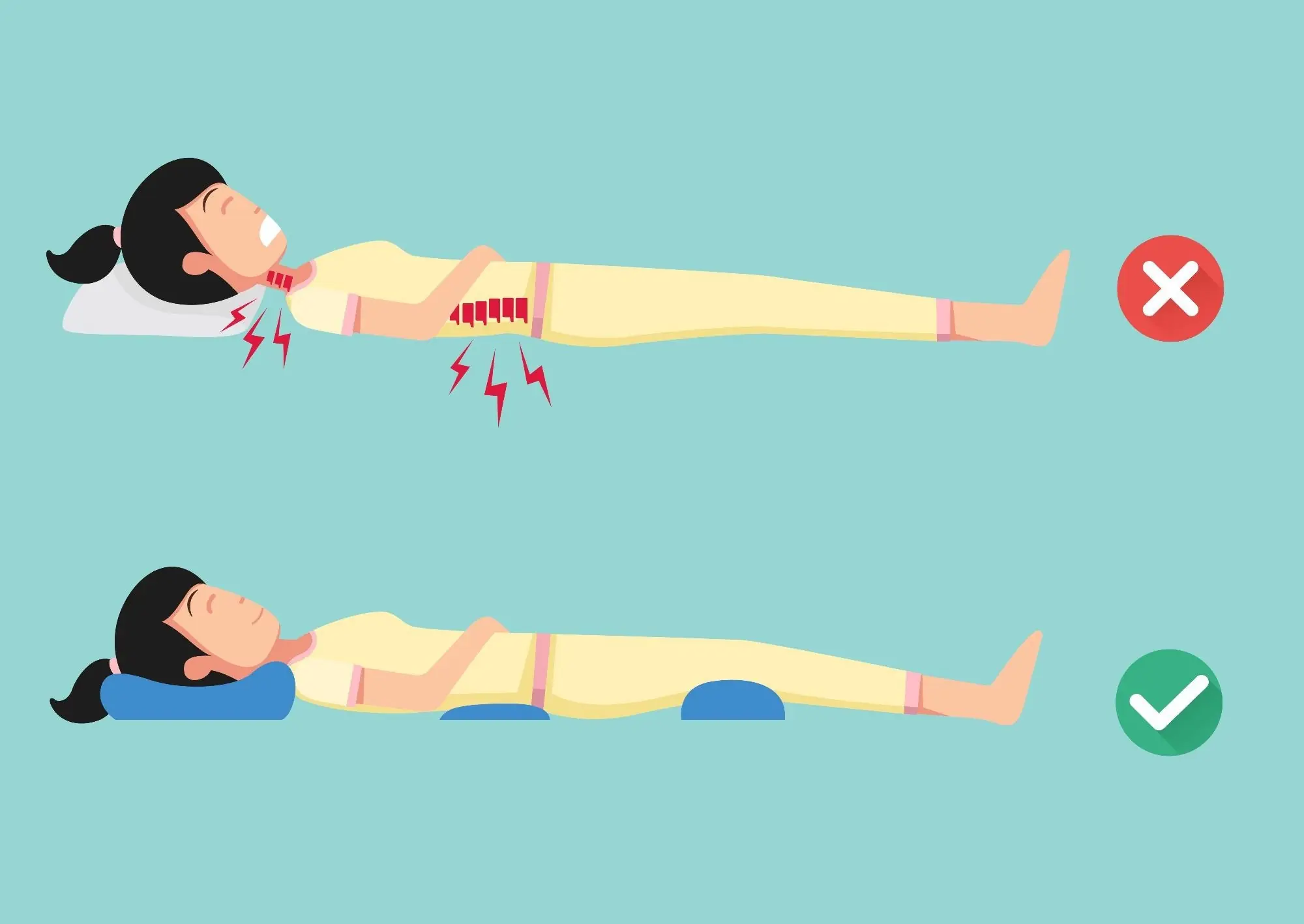
Best Sleeping Positions to Prevent Neck Pain Reflux and Keep Your Heart Healthy

The deadly sleeping mistake that can trigger heart attack and stroke overnight!

Baking Soda and Castor Oil Can Treat More than 20 Health Problems
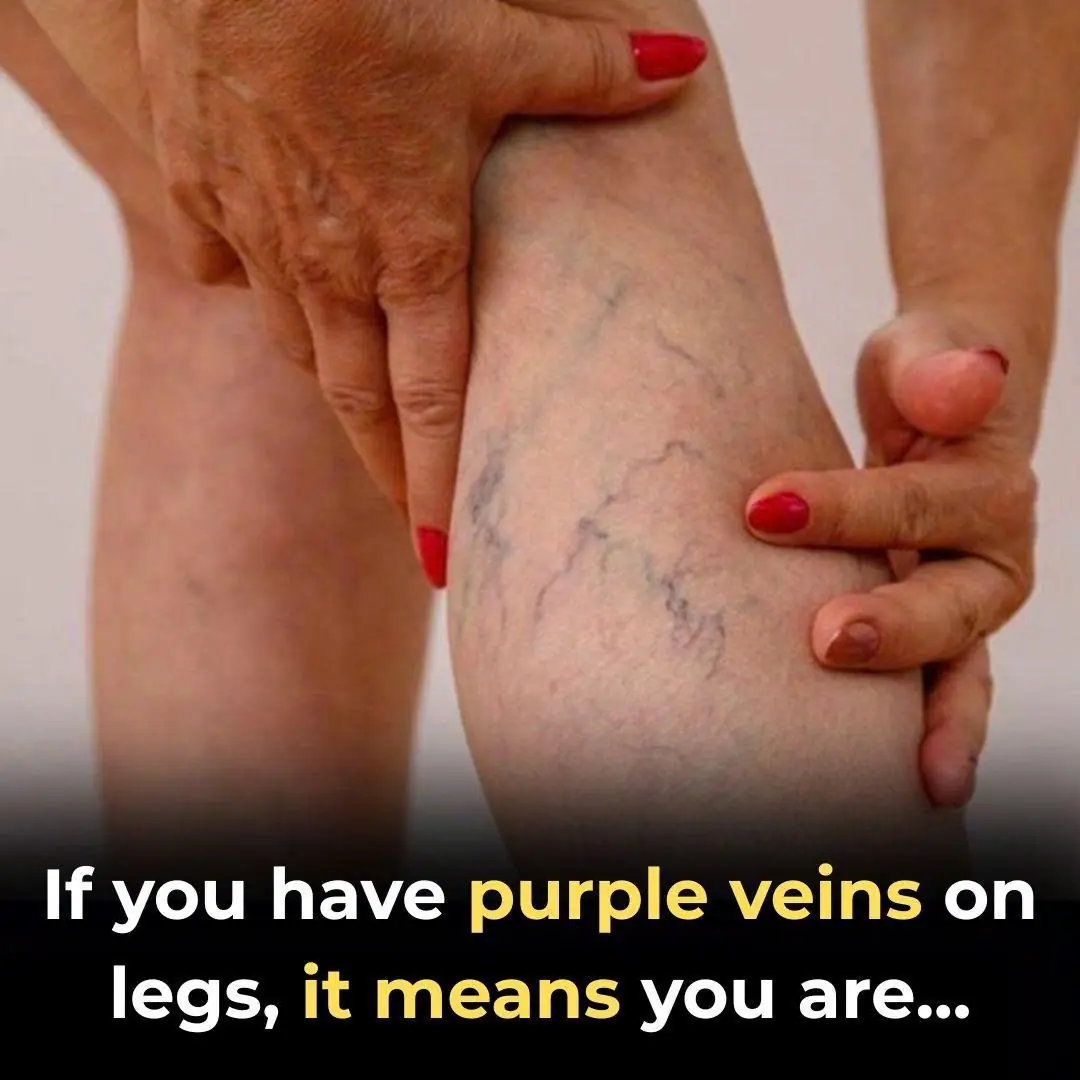
Purple Veins on Your Legs

Why Keeping A Lemon In Your Bedroom Is A Great Idea

Nighttime Habits That Increase Your Risk of Stroke

4 Types of Shoulder Pain That May Signal Dangerous Cancer — Don’t Mistake Them for Simple Joint Problems

6 Body Parts That Turn Black May Signal Cancer — Don’t Ignore Them

The Amazing Power of Caesalpinia pulcherrima (Peacock Flower)

White Bumps or Spots on Lips: Causes and Effective Treatments

Corn Silk: 30 Health Benefits and How to Use It

Turmeric Dosage: How Much You Actually Need for Arthritis, Cancer, and Other Diseases
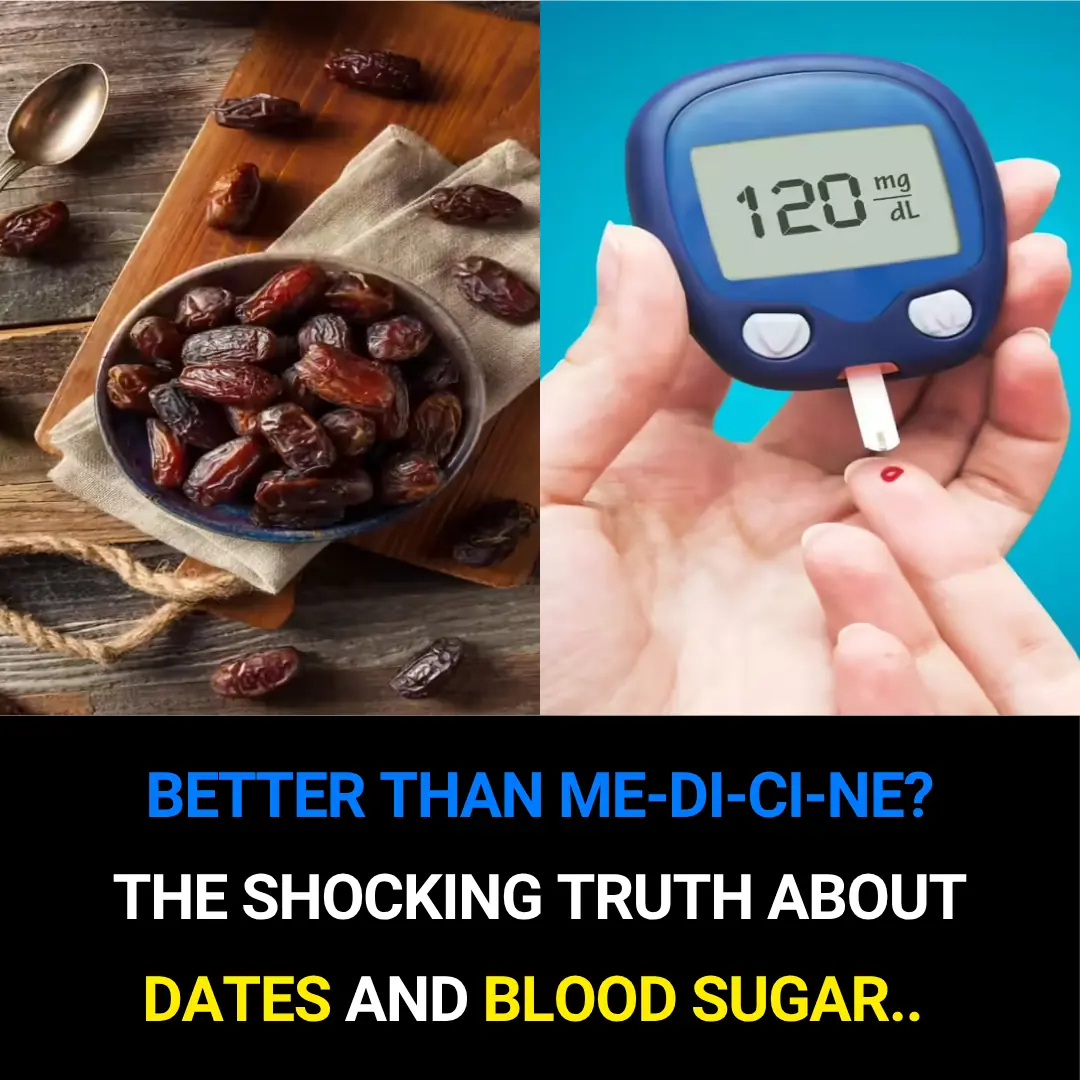
Better Than Medicine? The Shocking Truth About Dates & Blood Sugar!
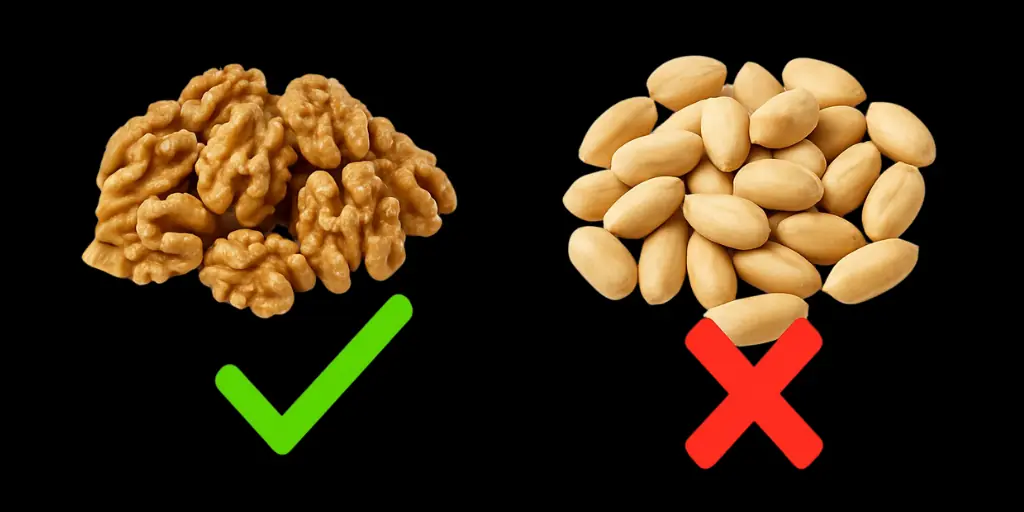
7 Nuts You Should Eat for Better Health (and the #1 Nut You Should NEVER Touch)
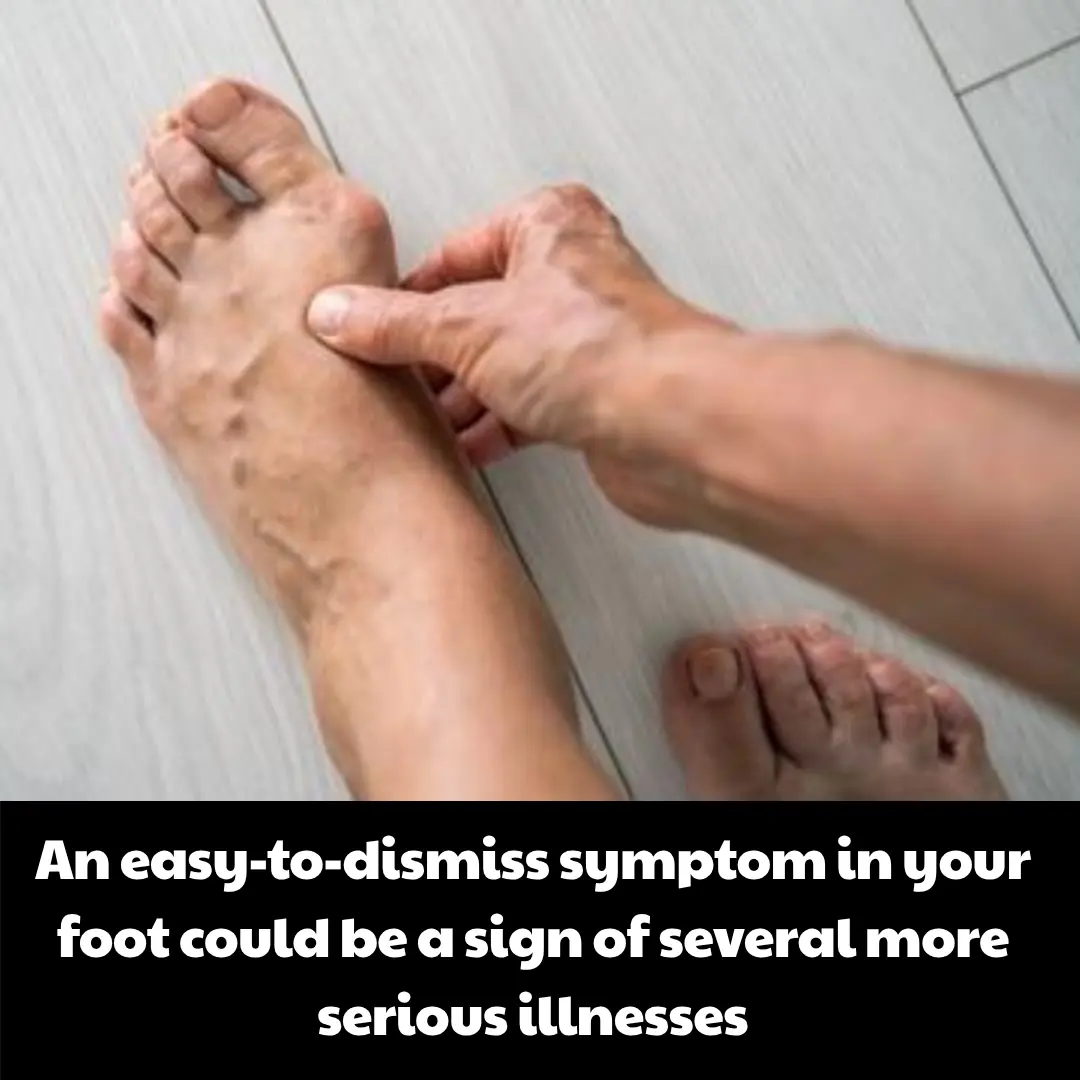
An easy-to-dismiss symptom in your foot could be a sign of several more serious illnesses

Doctor reveals 5 powerful snacks that help your body fight cancer and disease
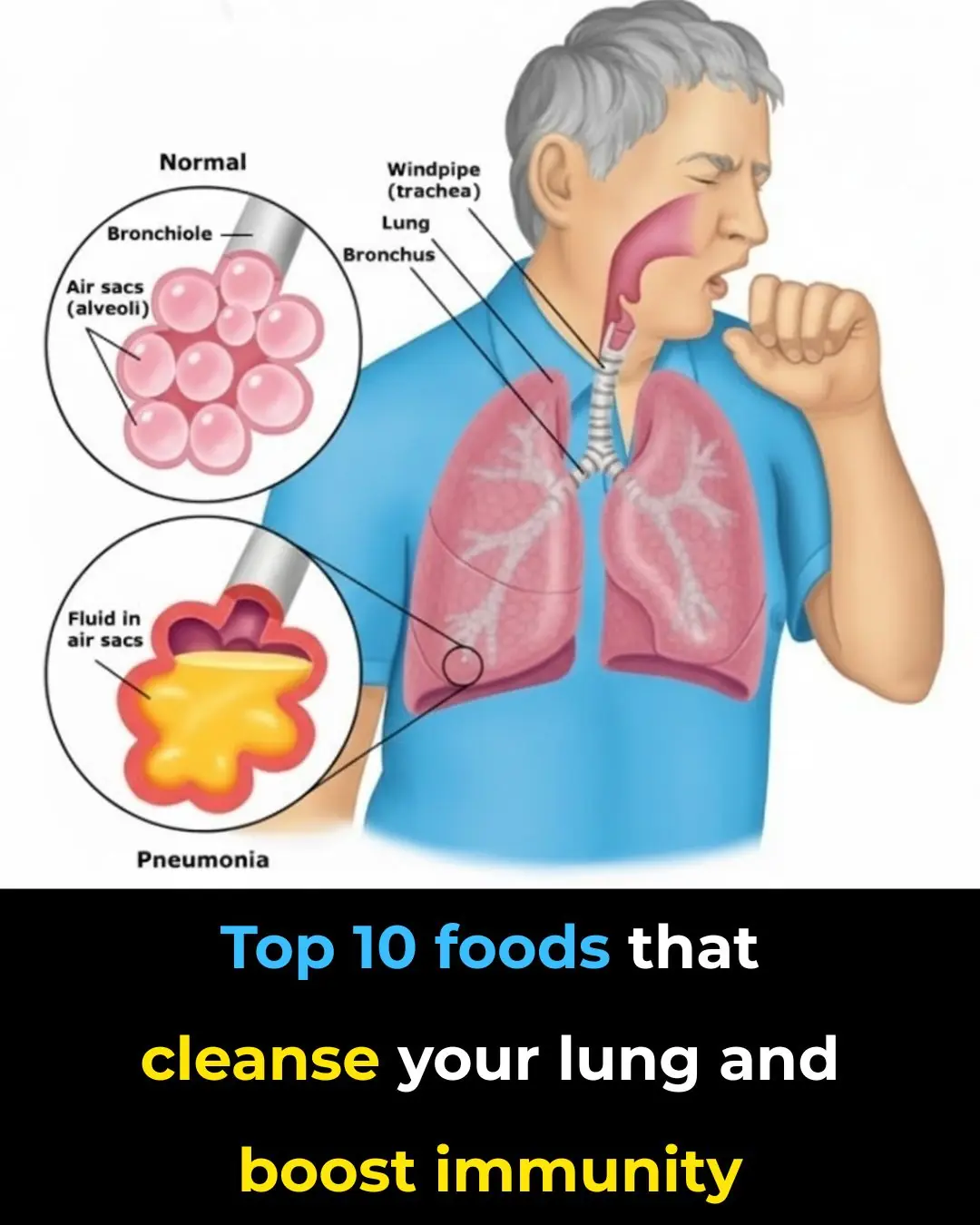
The Most Effective Foods to Cleanse your Lungs (Research Based)

Starve cancer cells: the ultimate guide to foods that fight and feed cancer
News Post
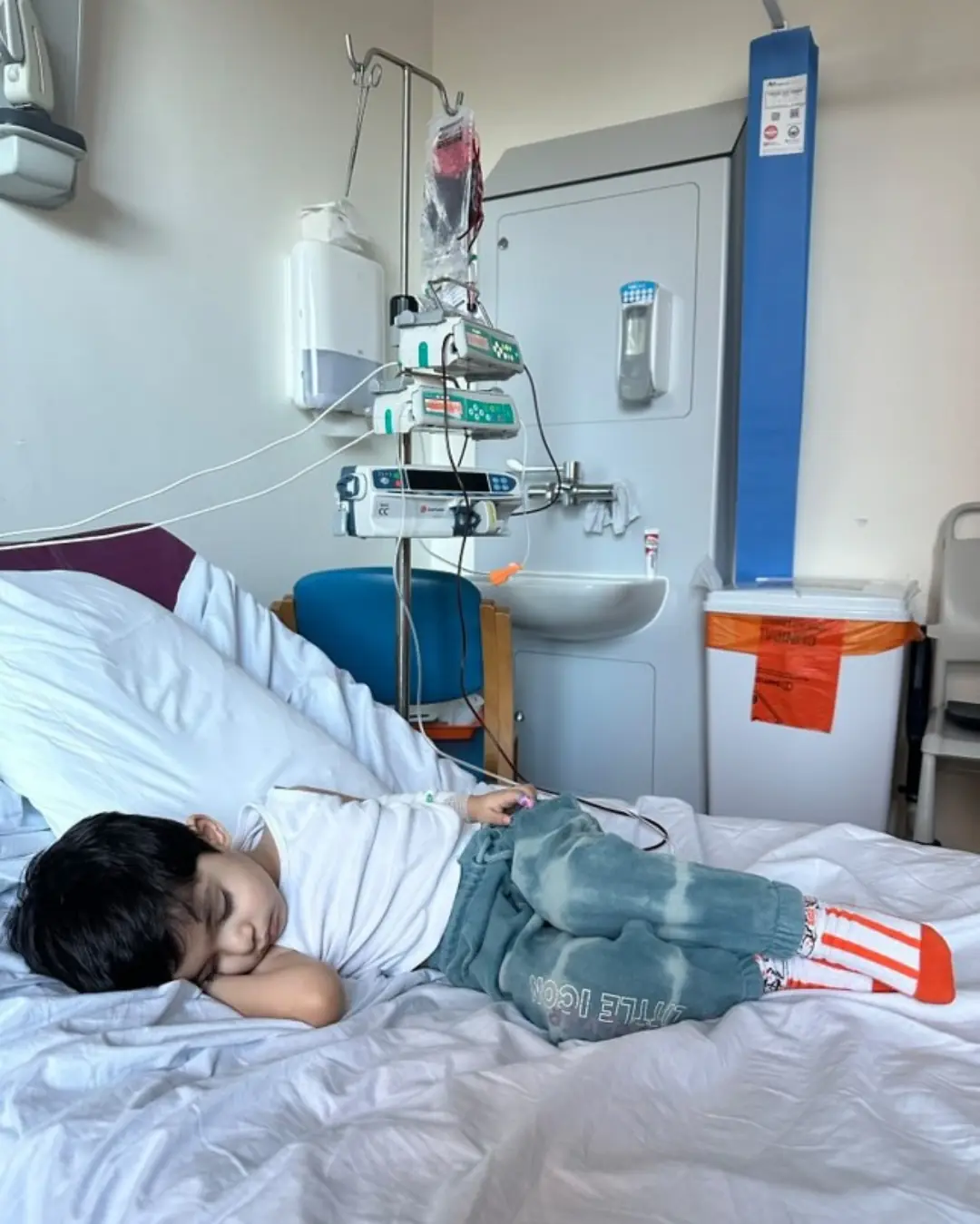
Manraj’s Journey: A Brave Little Fighter Who Beat Cancer

The Day Rick Swope Saved Jo-Jo the Chimp: A Heroic Act of Compassion

A Dramatic Rescue: The Courageous Effort to Save a Mother and Calf Elephant in Thailand

The Orange Cat and the Bears: A Friendship You Have to See to Believe

Little-known wonderful uses of baking soda in gardening

Remembering Tim Franklin: A Husband, Father, and Friend Who Loved With His Whole Heart

Abused Genius Turns King: The Lost Experiment That Became Legend of the Jungle

Why You Shouldn’t Wash Rice in the Inner Pot of an Electric Rice Cooker

Turns out I've been using it the wrong way for a long time

Semper Fi Until the End: Honoring Sgt. Kevin Lloyd, a True American Hero

🥚 5 Simple Ways to Tell if Your Eggs Are Fresh or Rotten 🚫

“The Bear That Fought Back: A Montana Tale of Instinct, Survival, and Warning”

Optical Illusion Reveals Your Hidden Strength of Character

“The Prayer That Stopped a Restaurant: How a 5-Year-Old’s Kindness Brought Strangers to Tears”
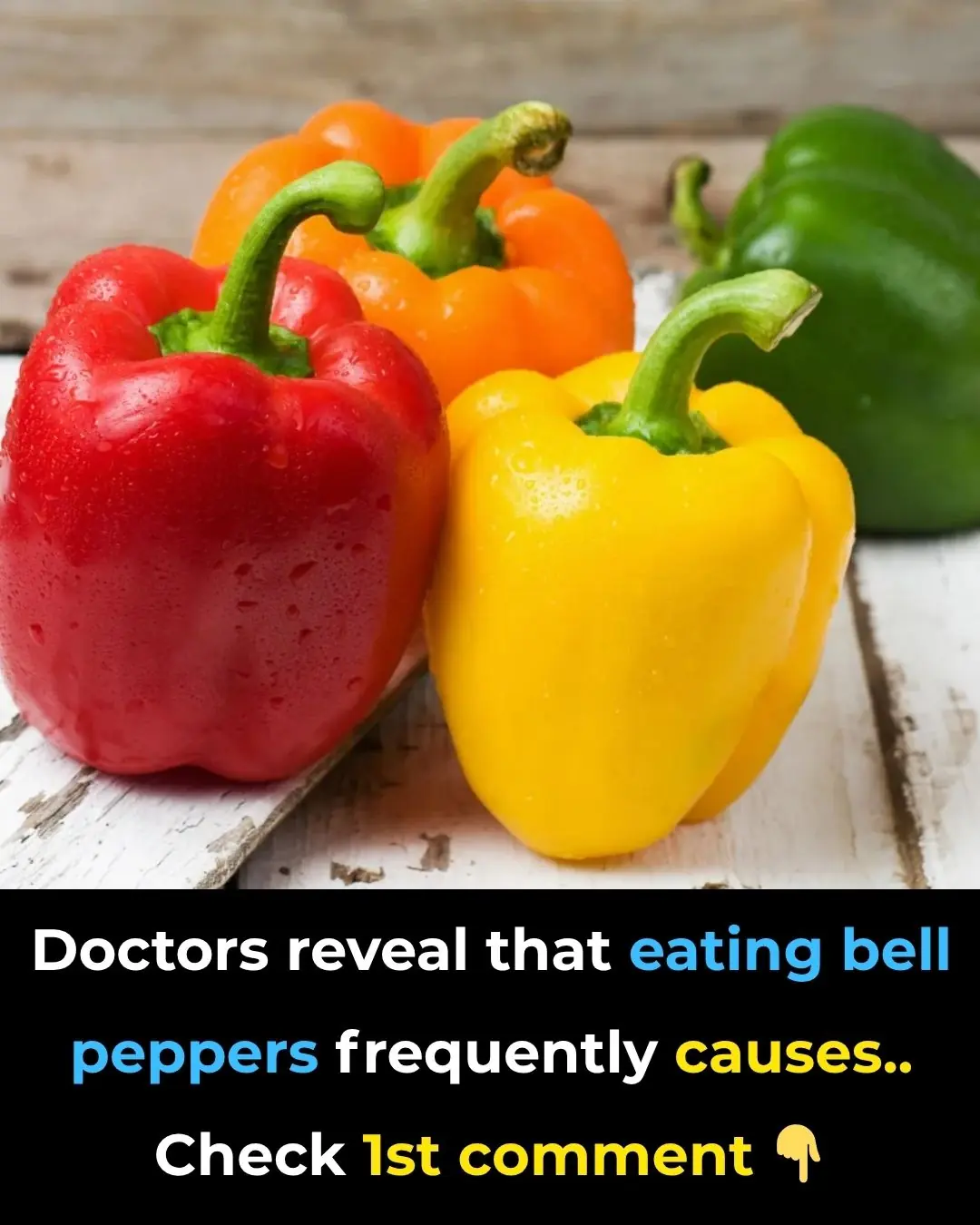
Doctors Reveal That Eating Bell Peppers Frequently Causes..

Crush a handful of these leaves and drop them into the pot.

Gemma Atkinson addresses outrage over 'wedding dress' choice as Gorka hits back

The Surprising Reason Men Don’t Walk Away from Their Marriages
